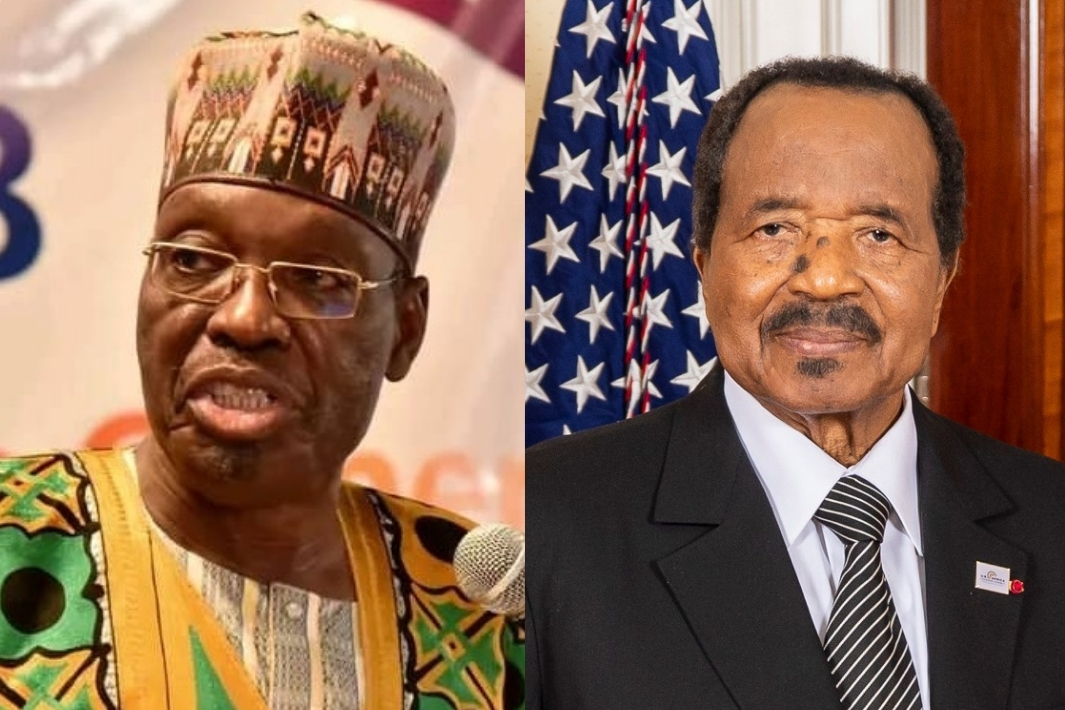By Paschal Norbert
YAOUNDÉ, OCTOBER 22, 2025 (CISA)— The Catholic Bishops of Cameroon, through the National Episcopal Conference of Cameroon (NECC), have expressed both satisfaction and concern over the conduct of the country’s October 12 presidential election, commending the peaceful atmosphere of the polls while pointing out several irregularities that they say “seriously hinder our progress towards democracy.”
In a statement released on October 20, the bishops acknowledged the generally calm conditions across the country during voting day, thanking Elections Cameroon (ELECAM) and security agencies for maintaining order.
“The polling sites and stations were well known to voters and accessible to the vast majority,” the bishops noted, stating that “The premises were secured by law enforcement agencies, notably unarmed police and the gendarmerie. Outside the polling stations, the atmosphere was calm and peaceful.”
However, despite this peaceful setting, the bishops’ report, based on observations from 202 accredited election observers deployed in 12,257 polling stations across the country’s ten regions, identified procedural and organizational flaws that raised questions about the transparency and credibility of the process.
“It was noted that the minutes prepared by ELECAM were signed by the representatives of the parties present at the polling station on the first and last pages, but not on the middle pages containing the vote count as published at the polling station,” the statement read.
Among other concerns raised by the bishops were high abstention rates in several areas, including Kribi 1 and 2, Lycée de Tsinga, and Matafem Supérieur; the relocation of certain polling stations without adequate notice; and the failure to update the electoral register, which “still contained the names of deceased persons.”
The report also mentioned incidents where ballot bins were poorly positioned, allowing voters to see discarded ballot papers, which could influence voting behavior.
“In Douala, Yaoundé, Maroua, Garoua, and Bertoua, some voters left with ballot papers for candidates who were not their choice,” the bishops observed.
While the bishops commended the general calm, they also cited cases of violence and tension in some regions. In Garoua, clashes erupted following a police intervention involving the convoy of opposition candidate Issa Tchiroma Bakary, resulting in serious injuries to a police officer and the burning of a gendarmerie truck.
“After voting day, other scenes of violence were observed in the towns of Dschang and Douala,” the bishops’ report added, calling on authorities to investigate these incidents and ensure justice.
Regarding the counting of votes, which according to Article 113 of the Electoral Code is to be done publicly, the bishops’ observers noted that the process generally began at 6:00 pm and was conducted in the presence of local commission members, scrutineers, and some voters.
“The results of each candidate were made public in the 12,257 polling stations where we observed,” the statement said. “Since the counting was public, the people recognized themselves in the votes that were counted and left generally satisfied.”
Cameroonians cast their ballots on October 12, 2025, in what was the country’s most closely watched election in recent years. However, nearly a week after the polls, the official results have yet to be announced, sparking anxiety among citizens and civil society groups. The delay has prompted calls for transparency and accountability from both domestic and international observers.
The bishops urged the authorities to “publish accurate and verifiable results” and to address all reported irregularities through legal and peaceful means.
